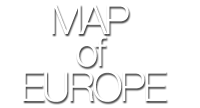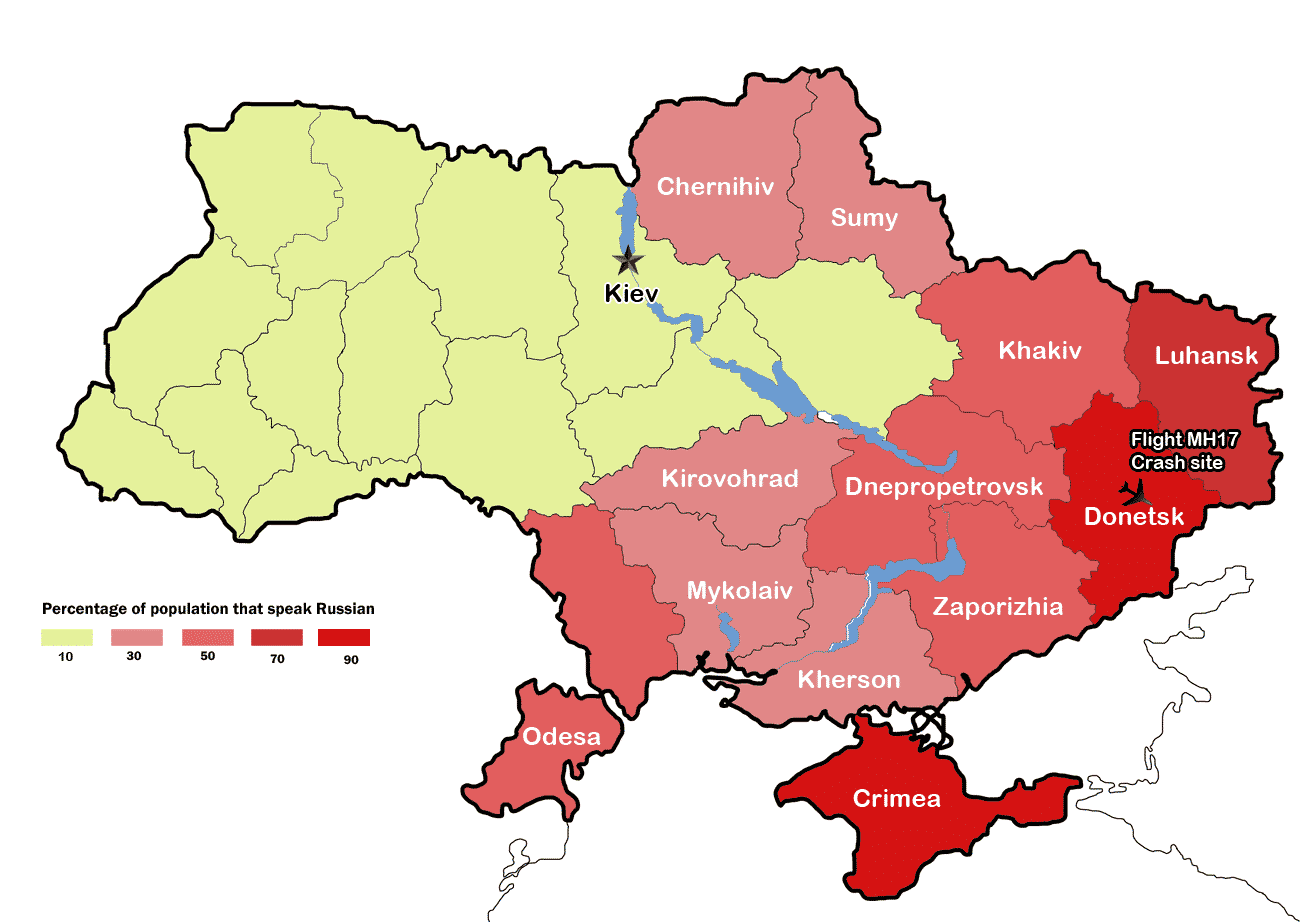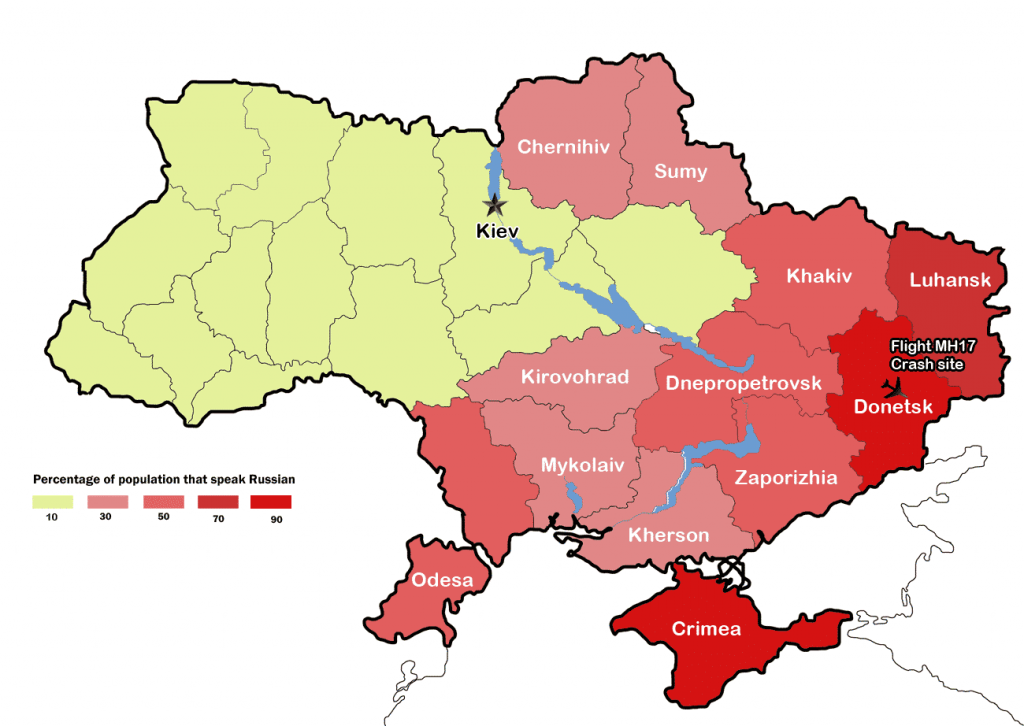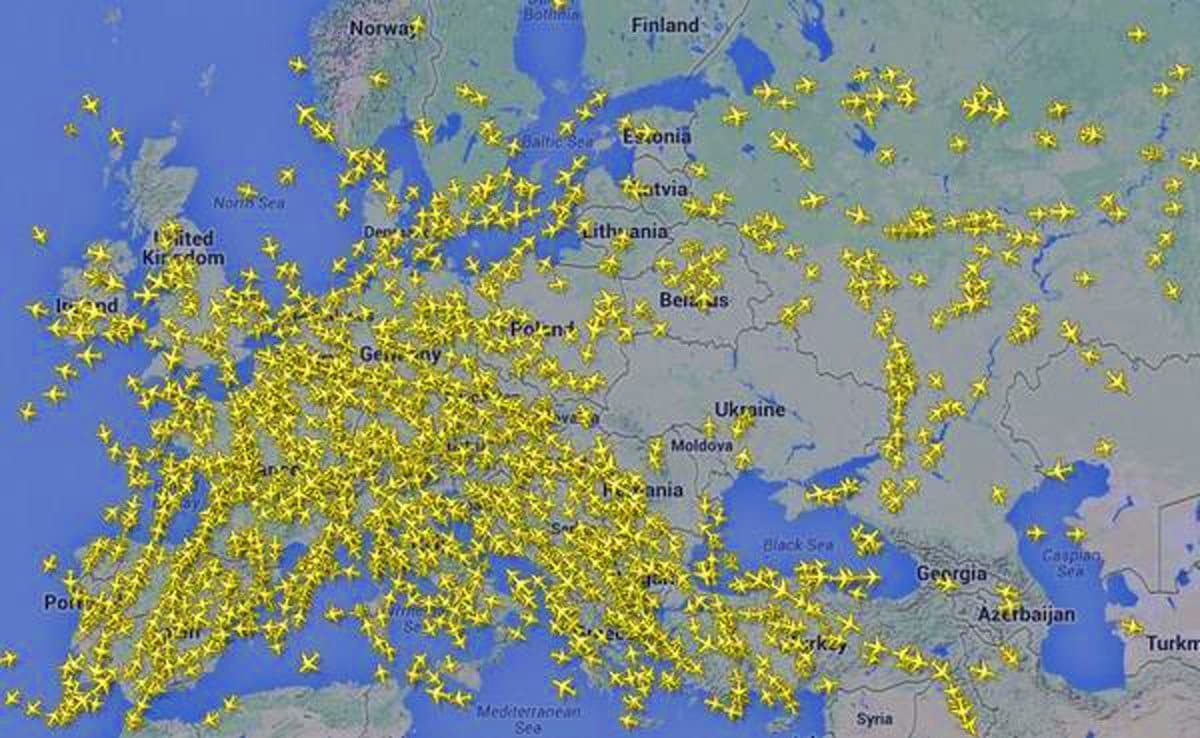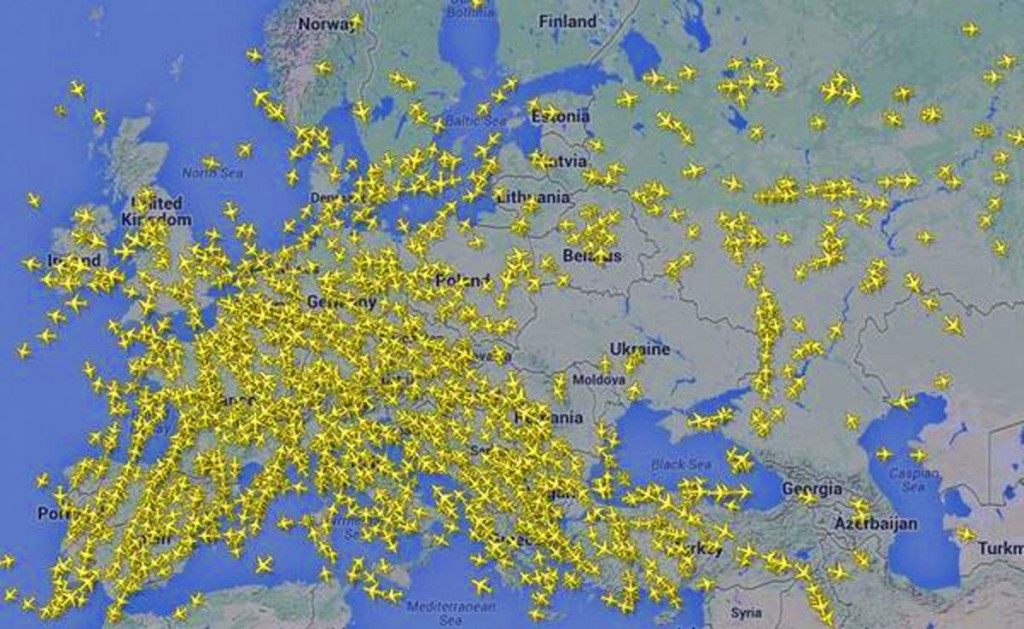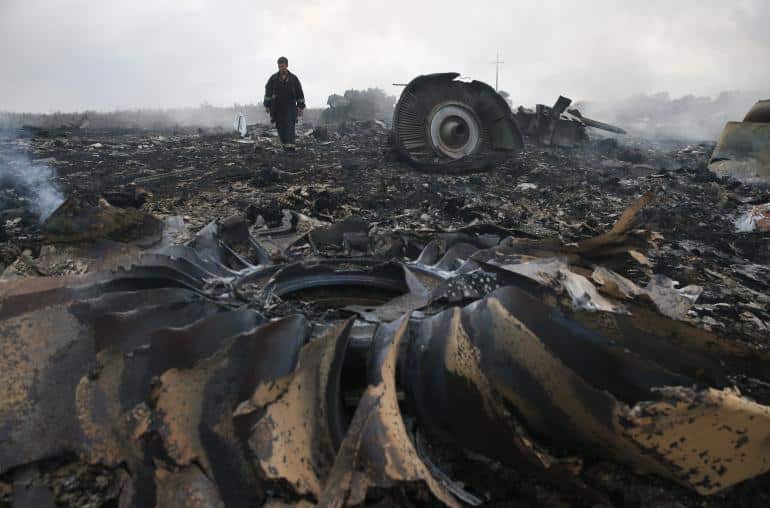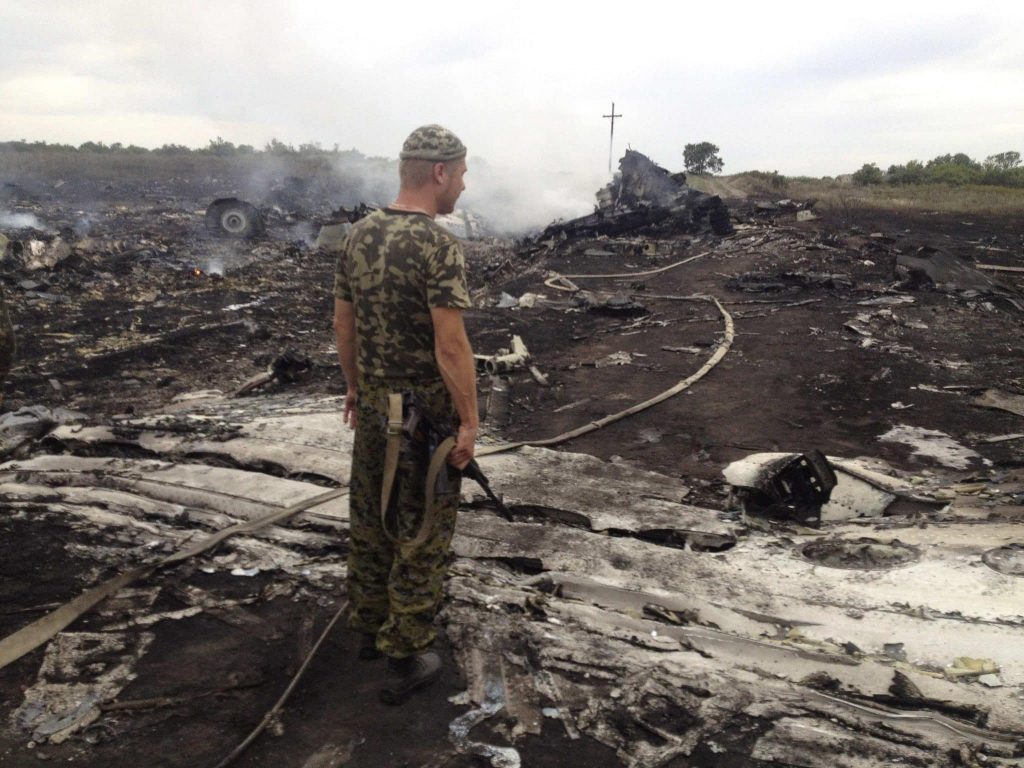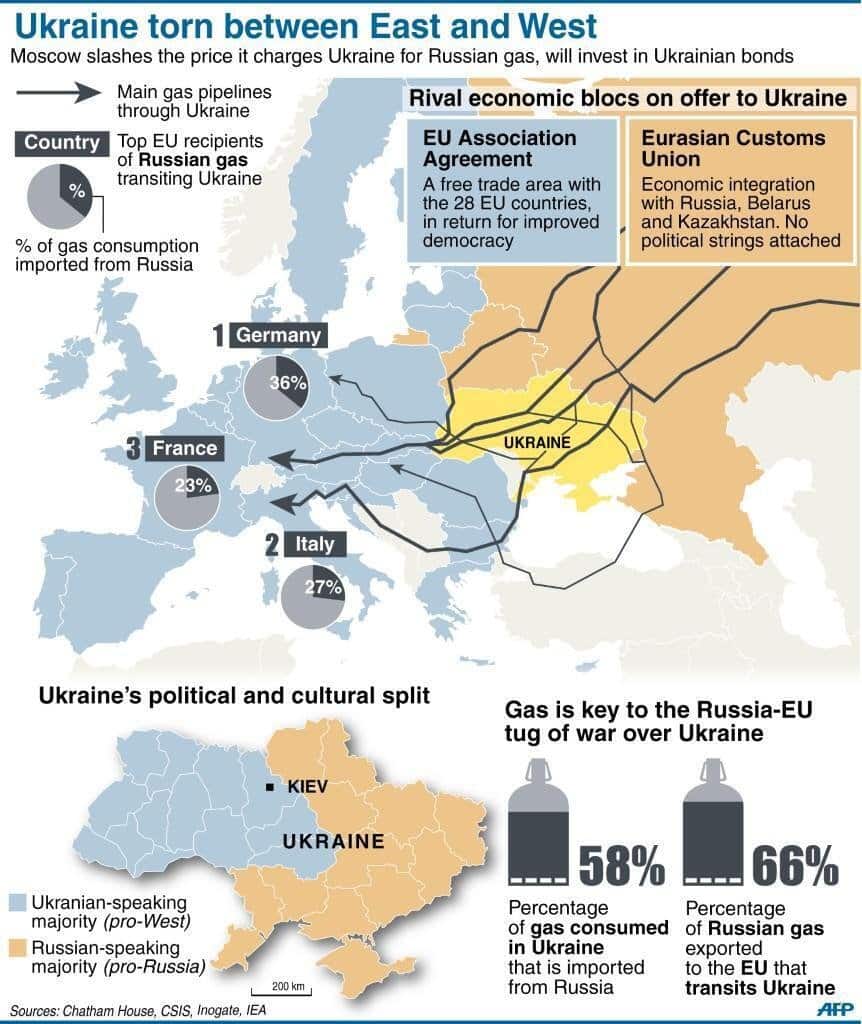
There has been a spotlight shone on the Ukraine this week with the downing of flight MH17 by Ukrainian separatist rebels. However that war has been raging for quite a while now and the European Union has been very reluctant to get involved.
Why?
One theory is the reliance of the European community on Russian natural gas supplies as an energy supply. The Russian gas supply is particularly important in winter, as European household heating requirements increase.
The above map of gas pipelines produced by Agence France-Presse shows the routes into Europe pass through the Ukraine. This adds a level of complexity to the diplomatic dance over the war in Ukraine. There used to be two parties that could interfere with European gas supply from Russia. The first party being the Russian government and associated government and corporate bodies (Gasprom), as happened back in 2009 . The second being the Ukrainian government. Although this possibility was considered almost negligible until recently as the Ukraine gathers a good commission by on-selling Russian gas.
Now we have a third player. The Russian backed separatist rebels in the east of Ukraine . These rebels seem to be backed by Russia and in fact it is considered highly likely that these rebels used a Russian built self propelled missile battery to down the ill fated flight MH17.
Why would the rebels want to interrupt the gas supply?
Currently there are two schools of thought on why the rebels would want to interrupt the European gas supply.
- By interrupting the winter gas supply the rebels could force the European community to put pressure on the Pro-west Ukrainian government to be less unyielding at the negotiating table.
- The other possibility is to force Russia to help more actively in the fight against the Ukrainian government. Currently it is widely believed that Russia is secretly helping the Ukrainian rebels. The added economic pressure on Russia that slowing the gas supply would impose, might make Russia take steps to try and end the war earlier. Either by influencing the Ukrainian government or helping the rebels win the war.
In either case we can see that the winter of 2014-2015 is shaping up to be a tense one for European nations.
